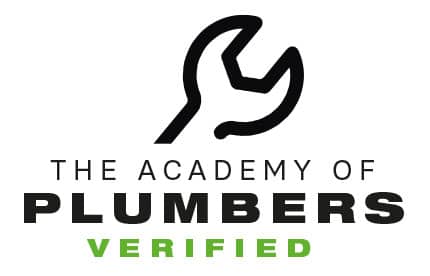Transworld Electric’s have the experience and expertise to help protect your historic home from hurricanes and rising waters in Charleston. With over 35 years of experience as an electrical contractor in Charleston and experiencing a number of hurricanes including Hurricane Hugo, we know firsthand the impact that a major hurricane can have on your home and local community.
It should come as no surprise that due to the recent storm, we have been working overtime with the surge of calls to repair electrical systems in our community. While there is no perfect prevention plan for electrical damage in these situations, there are actions you can take in your home to give yourself the best advantage against the flooding in our area.
Below are 5 questions to ask that can help you prepare your home’s electrical system and protect from potential damage.
- Electrical System Inspection
Older historic homes can have outdated wiring and it is important to hire a licensed Charleston electrician that you can trust to ensure that your electrical system is up-to-code and safe. Many historic home’s electrical systems were installed with knob and tube or cloth wiring that can be dangerous even without the threat of flooding.
Do you need to inspect your historic home’s electrical system?
Schedule an appointment with our Charleston licensed electricians today.
- Review Home Insurance Policy
You should review your existing insurance policy and make sure your most valuable items are covered for damage or loss. Homeowners insurance does not cover flood insurance, visit The National Flood Insurance Program, https://www.fema.gov/national-flood-insurance-program , to learn more about flood zone safety.
For insurance purposes, take photos of your house before a storm hits. This includes the exterior front and back. Snap pictures of each room, giving extra attention to valuables, such as electronics and jewelry.
- Install Surge Protection
Power surges can occur instantly during a storm and can damage your appliances and electronics. You can add a power surge protector to your electrical panel and use power strips with built-in surge protectors to help protect your property. Your heating and air conditioning system may also need special protection.
- Backup Power
Power is often the first thing to go when there’s severe weather. Depending on the severity of the storm, it can take hours or days for the power company to restore services and a generator is the best thing to have in a blackout. There are two types of generator used during a power outage: standby generators and portable generators.
A standby generator, unlike a portable generator, is permanently connected to your electrical system and goes on automatically when the power goes out. Standby generators can run on propane or natural gas, eliminating the need to monitor the fuel. You can buy one large enough to power everything in your house, or buy a smaller unit and choose the most critical circuits to power. Standby generators need to be serviced annually and we recommend buying a generator from a local dealer so if there is an emergency, they will have someone nearby who will be familiar with the maintenance and repair procedures for your model.
Portable generators can be a very useful resource but they can be very dangerous so it is important that they are always used with caution. Check out this blog on Portable Generator Safety.
- Preparing your home
In the event power is lost, it is important to unplug sensitive electronic appliances such as TVs, VCRs, microwave ovens and computers – this will protect your appliances against power fluctuations that can occur when power is restored. After power is restored, be sure to wait five to ten minutes before turning on appliances and heating systems. Never replace a fuse or reset a circuit breaker with wet hands or while standing on a wet (or damp) surface. If power lines and poles are down in your yard or in the street, always treat them as if they are energized and dangerous. Never touch them and make sure to call your local utility company. If you are evacuating, we recommend turning off the main breaker completely before you leave.
In addition to preparing your electrical system and equipment for hurricane season, here are some additional hurricane safety tips to protect your home this hurricane season.
- Strap down the roof. Use hurricane straps or clips to fasten your home’s roof to the frame of the house, reducing roof damage.
- Put head and foot bolts on entry doors. Give doors extra protection against the wind by installing bolts at the top and bottom.
- Look at trees on your property and make a plan to remove or trim any that could cause potential damage to your home.
- Buy or make window covers or storm shutters. Install hurricane shutters or cut thick plywood boards to fit each window of your home.
- Caulk around doors and windows. Wind-driven rain can cause moisture damage in your home, even when the structure remains intact.
- Protect attached structures. Make sure carports, porches and decks, entry canopies, and sheds are sound and firmly attached.
- Test sump pumps and drains. Test drains and sump pumps to be sure they’re working well.
- Hurricane kit. Build an emergency kit and make a family communication plan. If evacuation is necessary, having an evacuation plan in place is a great way to make sure the process goes smoothly under pressure.



